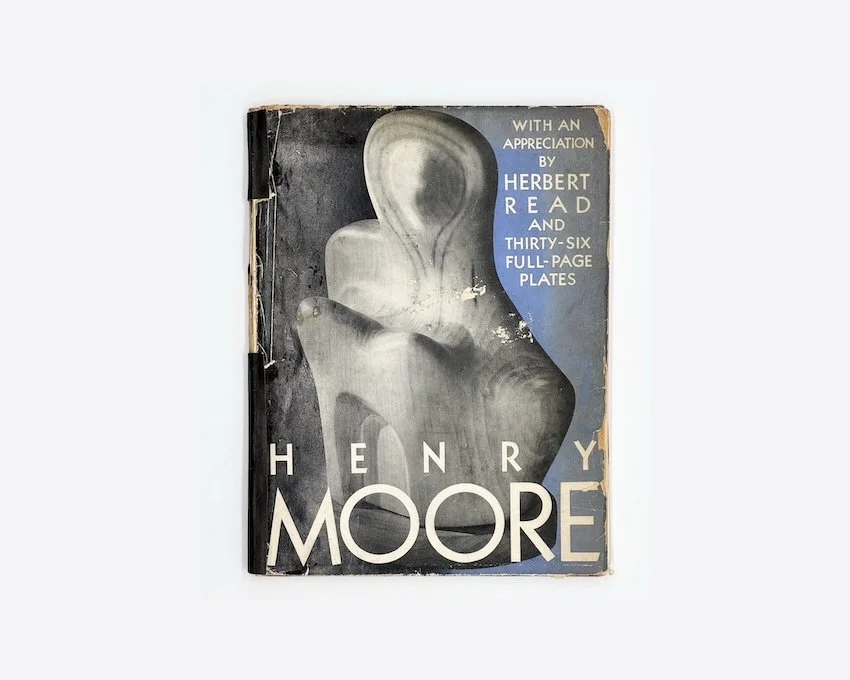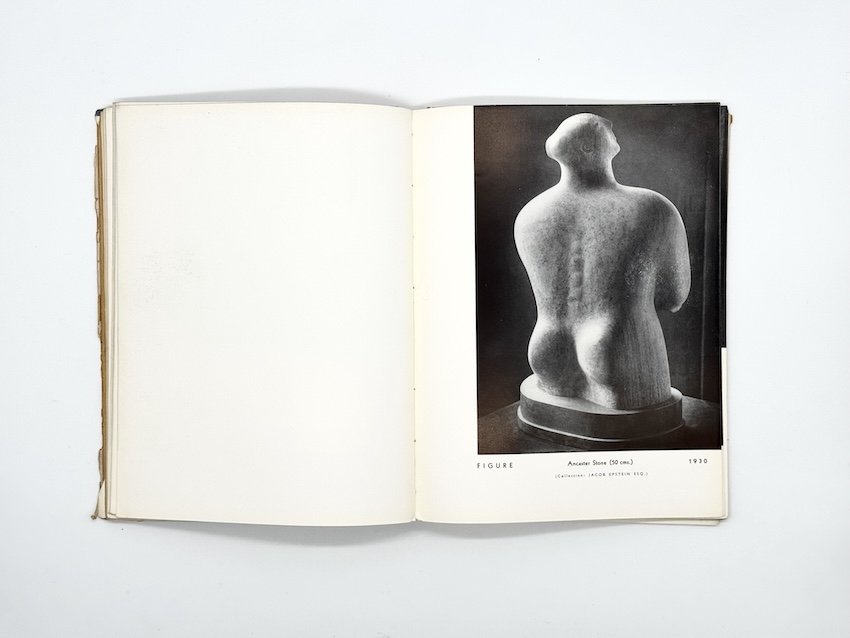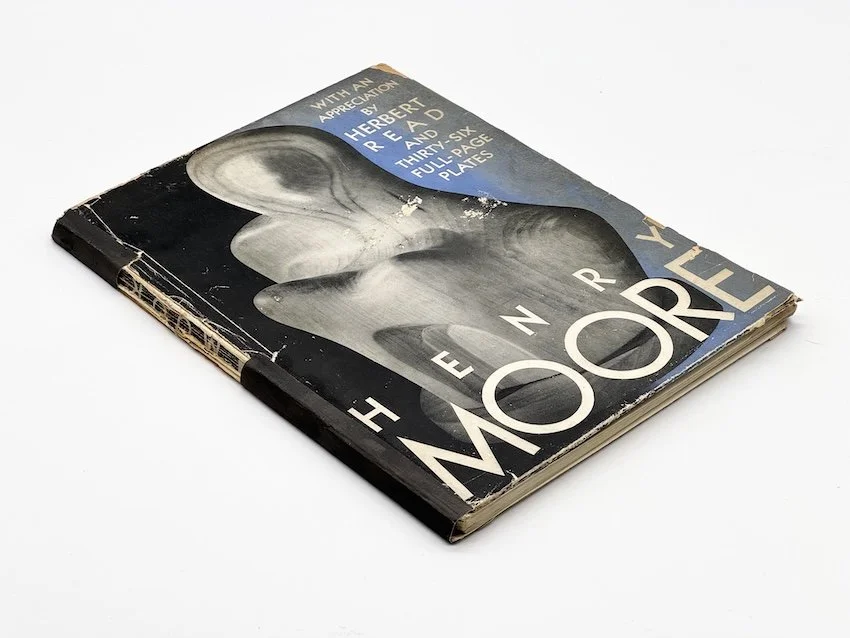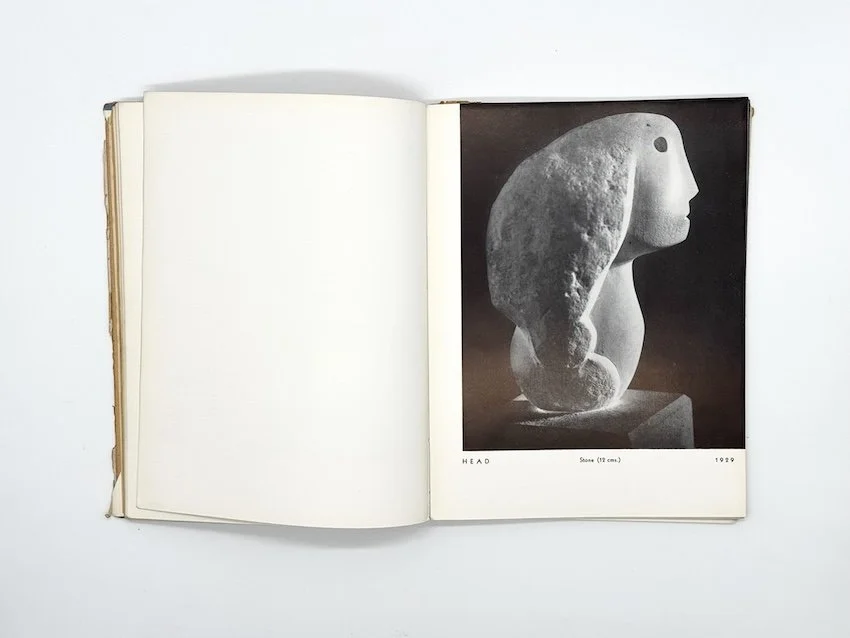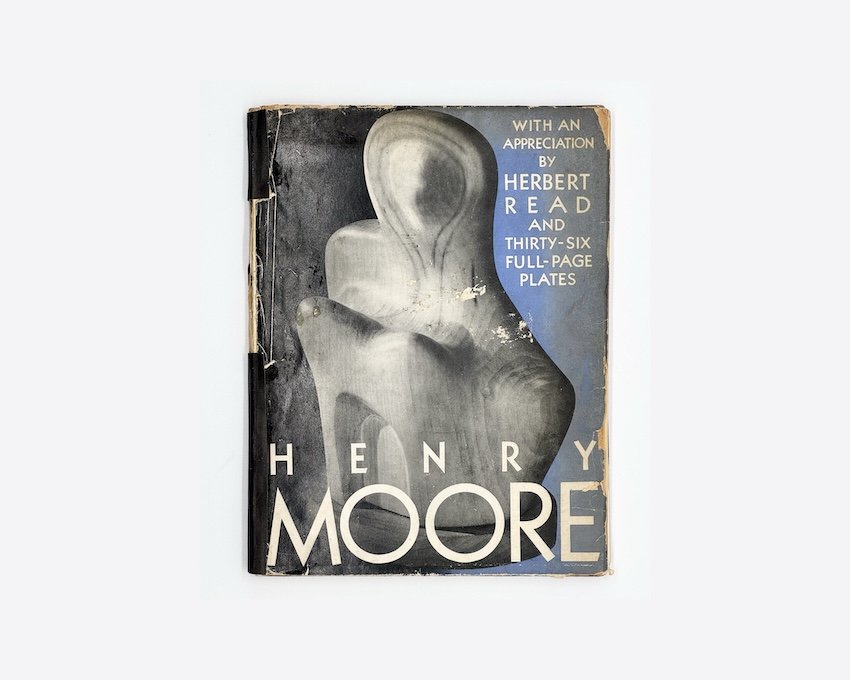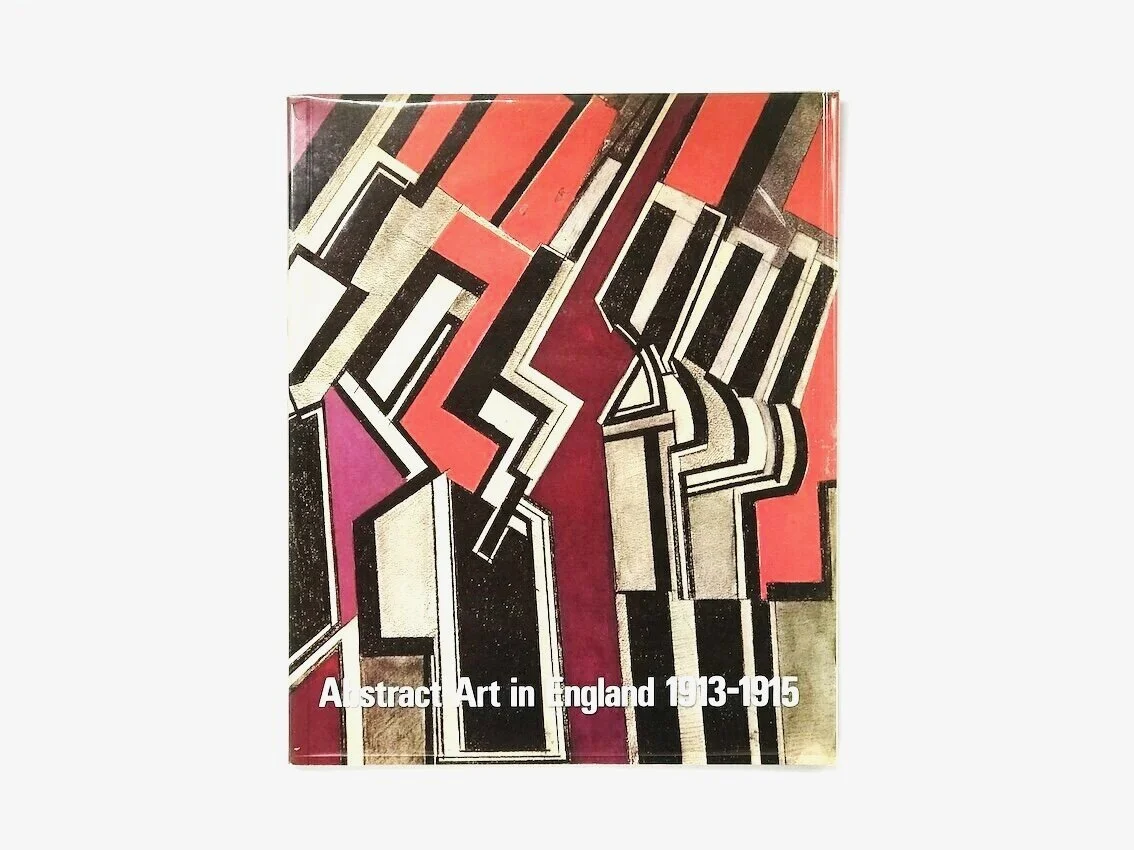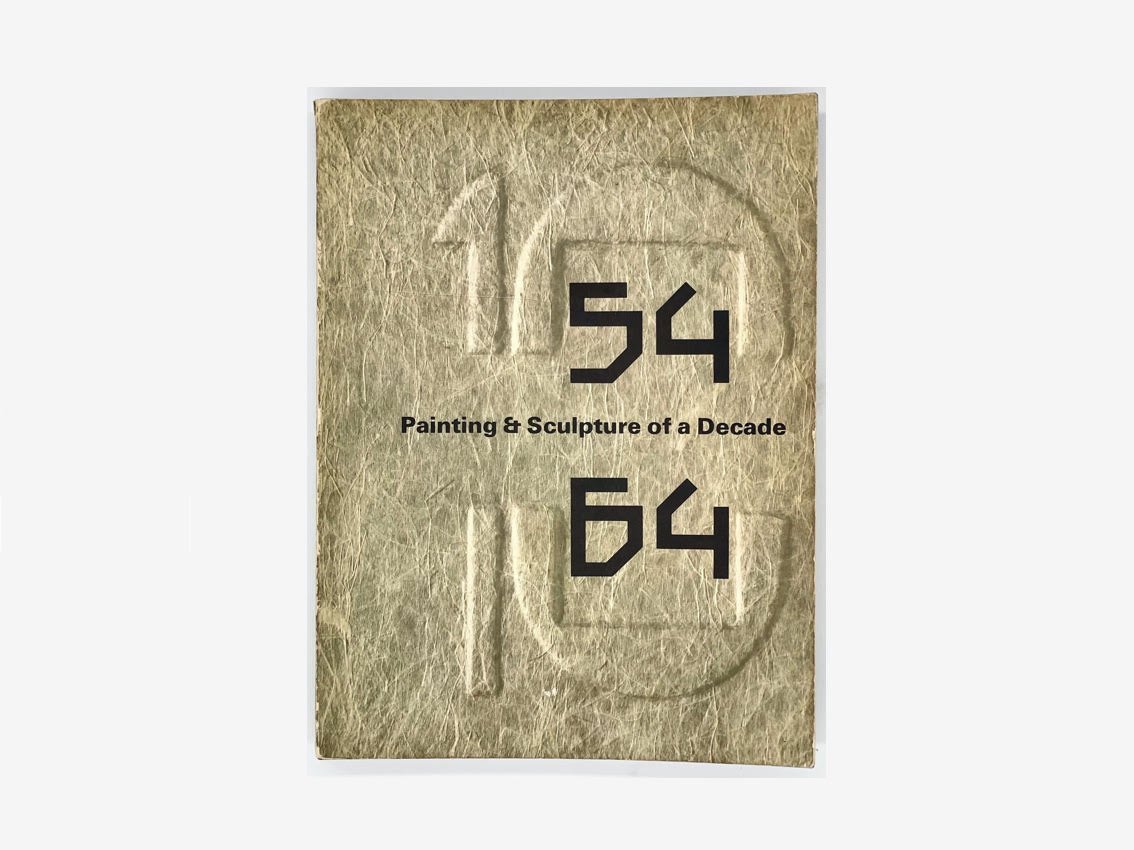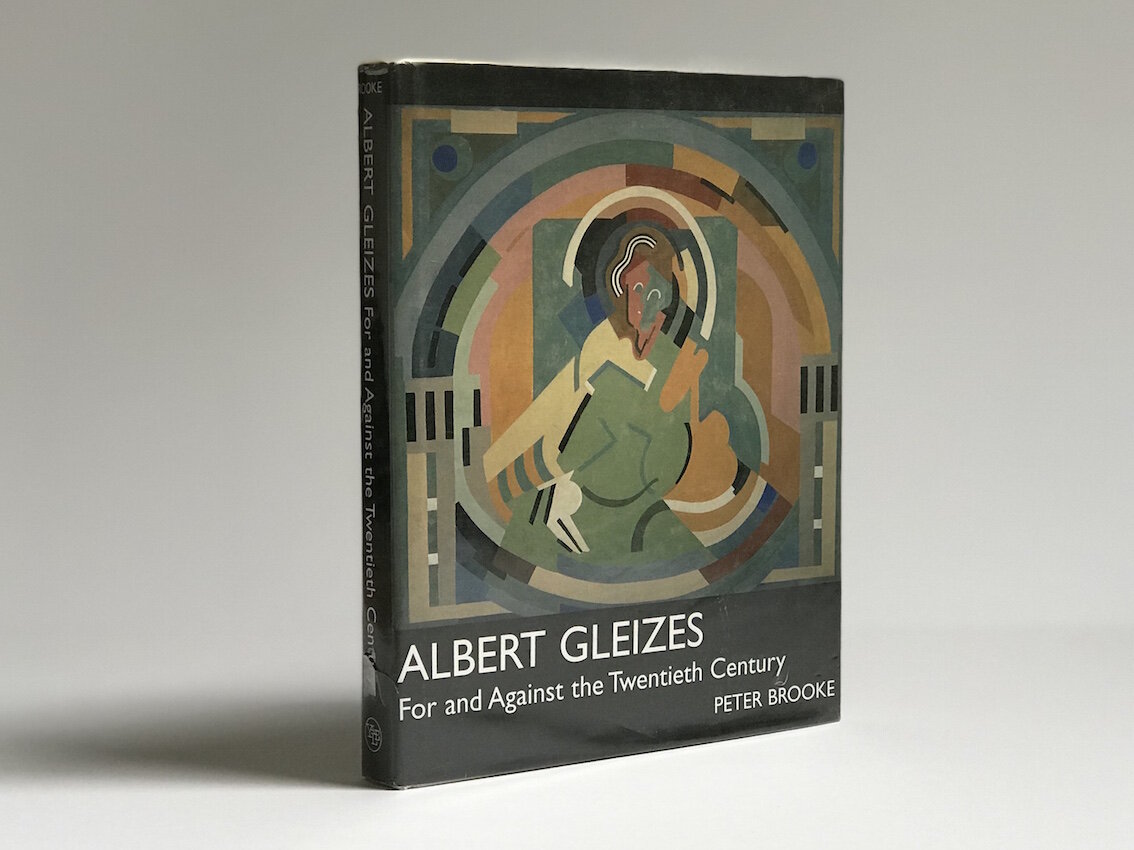 Image 1 of 2
Image 1 of 2

 Image 2 of 2
Image 2 of 2



'Albert Gleizes: For and Against the Twentieth Century' Peter Brooke, 2001
Title: 'Albert Gleizes: For and Against the Twentieth Century'
Author: Peter Brooke
Publication Date: 2001
Publisher: Yale University Press, London and New Haven
Format: Hardcover, 22.86 x 3.18 x 27.94 cm
Pages: 320
Condition: an ex-library copy with associated stamps. Dust-jacket condition: very good. In a protective plastic cover.
Few painters lived the intellectual adventures of the early twentieth century as intensely as Albert Gleizes. At the centre of the public scandal over Cubism that broke out in Paris in 1911, he was with Marcel Duchamp and Francis Picabia in New York during the war and was one of the first European avant-garde artists to respond to the scale and vigour of New York life. Gleizes was also one of the few French painters of the 1920s to recognise non-representational painting as the logical development of Cubism. His work as a painter is accompanied by an immense body of theoretical work, addressing the question posed to starkly by Duchamp and Picabia: why should we paint? What is the justification for the work of art? Over his life he touches on many spheres of human activity - religious, political and cultural history, physics and the philosophy of work. This fascinating book follows Gleizes' argument as it evolves, drawing on detailed analysis of works of art and both published and unpublished writings. It reveals Gleizes, not just as a significant historical personality, but as a man whose work and thinking remains astonishingly fresh and relevant to the needs of our own time.
Title: 'Albert Gleizes: For and Against the Twentieth Century'
Author: Peter Brooke
Publication Date: 2001
Publisher: Yale University Press, London and New Haven
Format: Hardcover, 22.86 x 3.18 x 27.94 cm
Pages: 320
Condition: an ex-library copy with associated stamps. Dust-jacket condition: very good. In a protective plastic cover.
Few painters lived the intellectual adventures of the early twentieth century as intensely as Albert Gleizes. At the centre of the public scandal over Cubism that broke out in Paris in 1911, he was with Marcel Duchamp and Francis Picabia in New York during the war and was one of the first European avant-garde artists to respond to the scale and vigour of New York life. Gleizes was also one of the few French painters of the 1920s to recognise non-representational painting as the logical development of Cubism. His work as a painter is accompanied by an immense body of theoretical work, addressing the question posed to starkly by Duchamp and Picabia: why should we paint? What is the justification for the work of art? Over his life he touches on many spheres of human activity - religious, political and cultural history, physics and the philosophy of work. This fascinating book follows Gleizes' argument as it evolves, drawing on detailed analysis of works of art and both published and unpublished writings. It reveals Gleizes, not just as a significant historical personality, but as a man whose work and thinking remains astonishingly fresh and relevant to the needs of our own time.

